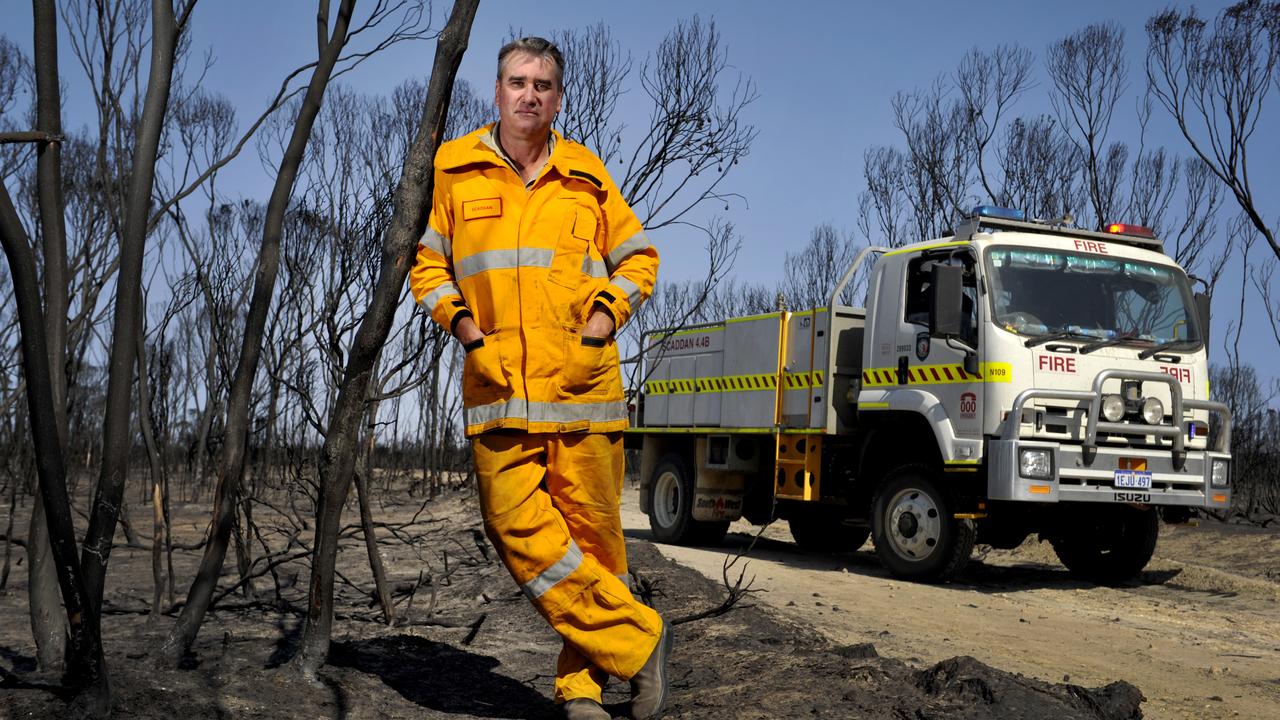Uni defends Santos mutuality
A CAMPAIGN calling for universities to dump shares in fossil fuel companies has met a stumbling block in South Australia.
A CAMPAIGN calling for universities to dump shares in fossil fuel companies has met a stumbling block in South Australia.
Responding to a call by that state’s Greens senator Sarah Hanson-Young to dump its shares and invest in renewable energy, the University of Adelaide yesterday said its 30-year collaboration with oil and gas giant Santos, which included a $25 million endowment fund, was creating renewable jobs for South Australians.
“That’s money that they gave to us to create this school: much of the research going on is relating to unconventional gases and renewable energy,’’ said vice-chancellor Warren Bebbington.
“I find it’s a bit hard to square what our researchers are doing with how this ancient fossil fuel industry is being portrayed.
“Our relationship has been built on principles of mutual respect, research excellence and a shared interest in supporting the best and brightest students who seek careers in that industry.
“We also have a strong commitment to environmental issues and research through our Environment Institute, and we don’t see one as inconsistent with the other.”
Senator Hanson-Young, representing the state with the highest mainland unemployment rate, accepted Santos’s partnership with the university.
This came as the head of Australia’s leading corporate social responsibility organisation yesterday criticised the Australian National University’s process and guidelines in deciding to divest itself of a number of resources companies.
Speaking at a conference hosted by the Governance Institute, Australian Centre for Corporate Social Responsibility managing director Leeora Black said: “In the end, they failed the politeness test. From the outset there needed to be more engagement with the companies.
“There is also a need to define what they mean by social harm. … What is their formula, what is the agreement on that?
“Just putting out a statement on social harm, without context and especially without engagement with the company, seemed imprudent.”


